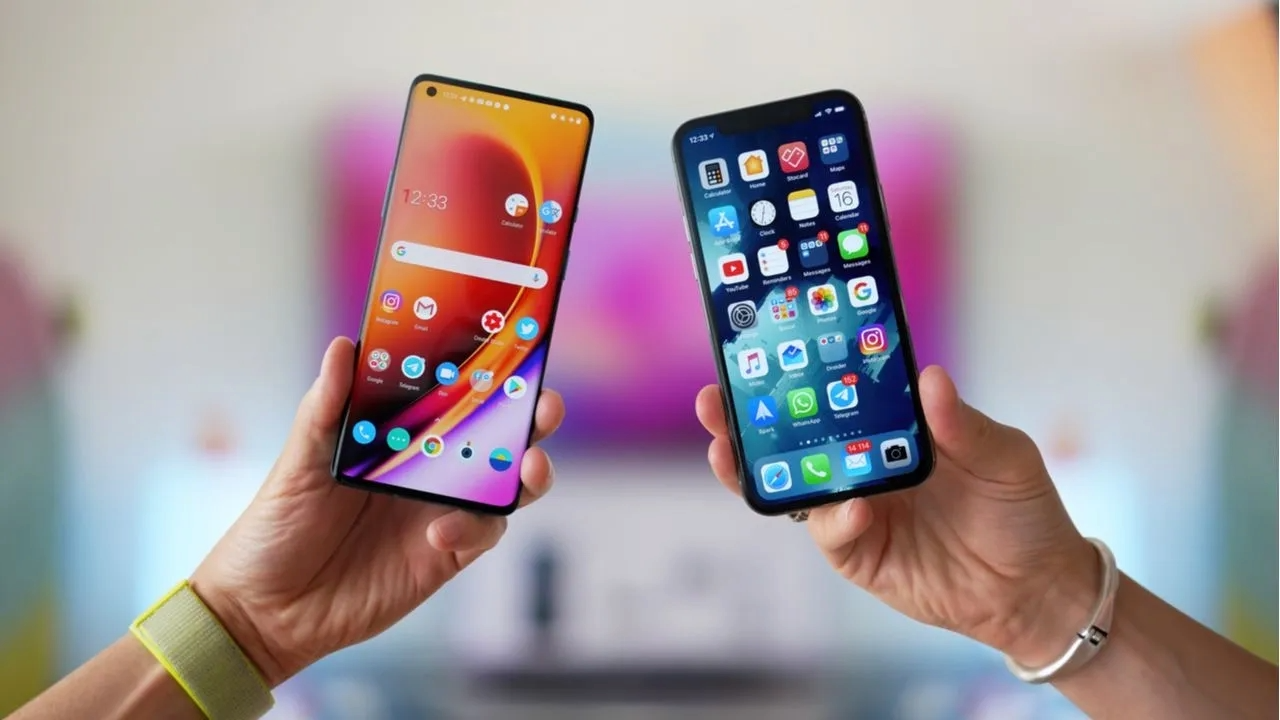In today's digital age, choosing the right smartphone is an important decision that impacts our daily lives. With so many options available, it can be challenging to decide which device best suits your needs. This detailed guide offers valuable tips to help you buy a good cell phone, balancing quality, features and budget.
1. Define your Needs and Priorities
Before you start looking for a new smartphone, it's crucial to identify your needs. Ask yourself what you will use the phone for. Is your focus photography, gaming, social media, work or something else? Knowing your priorities will help you filter your options and focus on the features that really matter to you.
2. Establish a Budget
Determine how much you are willing to spend. The smartphone market ranges from entry-level models, with basic features and more affordable prices, to high-end models, which offer cutting-edge technology at a premium price. Deciding on a budget beforehand prevents overspending and helps narrow down your options.
3. Operating System: Android or iOS
Choosing between Android and iOS (the iPhone's operating system) can be a matter of personal preference or familiarity. iOS is known for its intuitive user interface and integrated ecosystem with other Apple devices. Android offers more customization options and a greater variety of devices and prices.
4. Check the Technical Specifications
Technical specifications are crucial to the smartphone’s performance. Pay special attention to the processor, RAM, storage capacity, screen quality and battery life. A fast processor and more RAM ensure smoother performance, while a good battery ensures that the phone lasts a full day of use.
5. Camera Quality
For many users, camera quality is a deciding factor. Check the resolution, lens aperture, features such as optical image stabilization and the quality of the front camera. Also, consider your smartphone's camera software, as it can significantly affect the outcome of your photos.
6. Screen Size and Quality
The screen is another crucial aspect. Do you prefer a large screen for watching videos and playing games, or a smaller one for easier one-handed use? Also check the resolution and screen type (LCD, OLED, etc.) as this affects the image quality and visual experience.
7. Storage Capacity
Assess your storage needs. If you take a lot of photos, download apps, or store files on your phone, consider a model with more storage space. Some smartphones offer expandable storage via microSD card, which can be a differentiator.
8. Resistance and Durability
If you're prone to dropping your phone or worry about damage, check your smartphone's strength. Some models come with water and dust protection, while others are more robust in terms of design and materials.
9. Consider Reviews and Recommendations
Read reviews and recommendations from users and experts. They can provide valuable insights into the performance and reliability of different smartphone models.
10. Test the Device Before Purchasing
If possible, test the device before purchasing. This will give you a better idea of its performance, ergonomics, and whether the user interface is pleasing to you.
Choosing the right smartphone depends on a careful combination of your needs, budget and the device's specifications. By considering these factors and doing your research, you can find a cell phone that not only meets your expectations but also offers good value.


